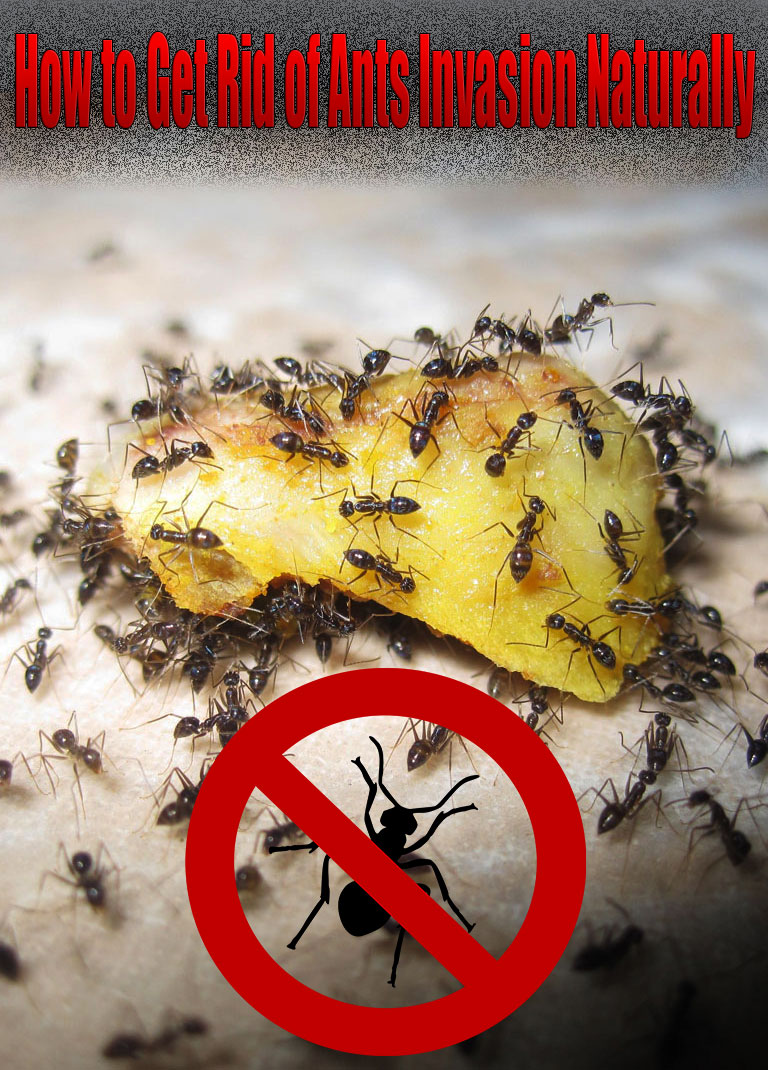
How to Get Rid of Ants Invasion Naturally
There’s nothing like walking into your kitchen first thing in the morning, bleary eyed and ready for your morning cup of coffee only to find that your home has been invaded. Marching one-by-one in a seemingly endless stream, these tiny insects are one of life’s biggest pests and getting rid of them can be a huge pain. In fact, even many chemical ant killers often prove ineffective when it comes to getting rid of ants so finding the right natural ant deterrent can be a truly daunting task!
Have no fear! We are here to deliver 10 natural methods which we’ve tested and determined to be effective at getting rid of these irritating insects without filling your home, garden or yard with disgusting toxic chemical ant killers.
1. Baking Soda
Baking soda is one of our favorite natural household products because it’s also one of the most useful natural ingredients for so many of life’s little grievances. But while baking soda is great for humans, it wreaks havoc on ants by disrupting their bodies’ natural chemistry. Create your own natural ant bait by mixing equal parts baking soda and powdered sugar. Pour the mixture into a shallow container (plastic or metal lids work great) and place it near the line of marching insects to attract them to your homemade bait. The ants will take it back to their nest, eat it and rapidly dwindle in numbers, thus saving your pantry and your sanity!
You can also strategically position this natural ant bait in places where ants might enter or your home like window sills or in the corners of your pantry and cabinets where food is stored to prevent future invasions.
2. Borax
Borax works just like baking soda. Mix this traditional household detergent with water, sugar and peanut butter to make a paste (the complete step-by-step recipe can be found here). Punch a few holes in a plastic container, fill it with your borax mixture, secure the lid and place your homemade trap near ants or in any places which may be of interest to these pesky critters.
Just remember, borax is poisonous to other animals besides ants, too. Be sure to keep your traps away from pets or any other small animals to prevent them from eating the mixture due to its delicious peanut butter aroma!
3. Chalk
Ants won’t cross a chalk line. While this may seem silly, it’s a fact! The powdery substance disrupts the insects’ pheromone trails – the scent markings which an ant uses to communicate with the other members of its colony. As such, drawing a fresh line of chalk or pouring a line of chalk powder between the ants’ points of entry and their desired food source (e.g., your pantry, cabinets, kitchen trash, etc) will prevent them from reaching their destination.
4. Soap & Water
For a quick fix that will eliminate the ants currently in your home and keep their brethren at bay long enough for you to mix up a more permanent solution, a simple mixture of soap and water will do the trick. Just fill a spray bottle with warm water, add a liberal amount of liquid dish detergent, shake and spray. The soap will coat the ants’ bodies and suffocate them while simultaneously washing away their scent trail so the rest of the colony won’t be able to find whatever delicious snack to which it previously led.
5. Vinegar
Another of our favorite and most useful natural household products, vinegar is also an excellent natural remedy for repelling the ant invasion. Like chalk, vinegar works by destroying the ants’ pheromone trails. You actually watch this effect in action by spraying a mixture of vinegar and water in a circle around a group of marching ants. Cut off from their scent markings, the line of ants will almost immediately break apart and the insects will start to wander aimlessly around, well and truly lost without their scent trail to direct them.
Because it disrupts their pheromones, ants also hate the smell of vinegar. Spray around doors and windows or any other places where ants might enter your home to keep them out. Of course, the mixture will evaporate over time and will need to be reapplied daily to be effective. Still, this is a great natural and totally non-toxic solution to the ant problem – even better if you love the smell of vinegar!
6. Lemon
While this method doesn’t seem to be as effective as vinegar and water, both lemon juice and lemon essential oil are excellent for deterring ants and they smell remarkably better (assuming you don’t love the smell of vinegar). Mix either a few tablespoons of pure lemon juice or about 10 drops of lemon essential oil in a small spray bottle full of water and apply liberally to areas where you see ants. The lemon will disrupt the ants’ scent trail and cause them to scatter.
While this works great for a short-term solution, as soon as the lemon scent wears off, the ants will begin their search again for whatever attracted them in the first place. As such, you may need to reapply often until you figure out what they’re after.
If you don’t currently have an ant problem in your home, you can deter these pests from entering by cutting a lemon in half and rubbing the juice around any possible entry points to keep ants at bay.
7. Peppermint
Ants greatly dislike the smell of peppermint, probably because it interferes with their ability to communicate via pheromone markings. While growing peppermint around your house is one possible method for using this popular herb to deter ants (and other pests), you can also mix up a peppermint essential oil and water solution – about 10 drops in a small bottle of water – to spray windowsills and door frames or directly onto lines of marching ants to get rid of these pests. At the same time, your home will be filled with the delightful scent of mint! It’s a win-win solution!
8. Fresh Garlic
In the world of amazing natural foods, garlic is among the best of the best. This funky little herb is great for your health in a lot of ways. It’s also great for keeping the bugs away – ants included! To deter these pesky critters from just about anywhere, simply peel a clove or two of fresh garlic and place them near the ants. You can actually watch as the insects seem to bounce off of an invisible force-field around each clove (the garlic’s scent aura) and run away!
Eventually, a garlic clove will dry up and become ineffective, so you may need to replace dried up cloves with fresh garlic if ants return.
9. Diatomaceous Earth
Commonly shortened to simply DE, diatomaceous earth isn’t actually ‘earth’ at all but the fossilized remains of aquatic microorganisms known as phytoplankton. While totally harmless to larger animals, DE means certain death for insect pests like ants. This is because diatomaceous earth is sharp and when an insect comes into contact with it, the DE sticks to their waxy exoskeleton and works its way into their joints. As the insect moves, the DE punctures tiny microscopic holes in said exoskeleton which causes the insect to dehydrate and eventually die.
Because diatomaceous earth is harmless to people and pets (unless by chance your pet has an exoskeleton), you can sprinkle DE anywhere ants are present or in places where they might gain access to your home to keep the pesky little bugs out.
10. Aspartame
Okay, so aspartame – also commonly known by the brand names Nutrasweet or Equal – isn’t actually a natural product and we certainly would never advise ingesting it. However, aspartame is readily available (for free) just about everywhere. It’s also the least of many evils when it comes to destroying stubborn fire ant colonies. So if you’ve tried everything else and nothing seems to work, don’t reach for the massively toxic chemical fire ant killer just yet. Instead snag yourself a few of the infamous ‘blue packets’ next time your out.
When you get home, go outside and sprinkle the contents of one packet around the entrance to a fire ant mound, lightly mist with water to moisten it then watch the ants go crazy trying to collect the ‘sugar’ you’ve so graciously gifted to them. The ants will take the aspartame into the mound, share it with the rest of the colony, then mysteriously disappear within a day or two – sweet revenge for all of those times they bit you. Literally.
This works because aspartame is a neurotoxin and when the ants eat it, all of their senses malfunction including those they use to locate food, tell their buddies where to locate said food, and even to identify their own colony-mates. As a result, any ants which ingest aspartame will rapidly starve to death assuming they aren’t mistaken for intruders and subsequently killed by the other aspartame-addled ants inside their own mound.
Remember, while each of the natural ant deterrents on our list may work on certain species, they won’t be effective against all types of ants. So if one method doesn’t work, don’t give up! Simply try another until you find one that your little home invaders hate the most.

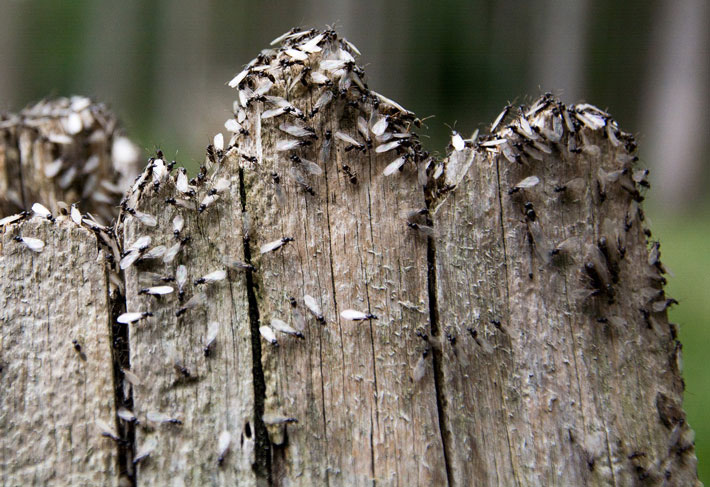
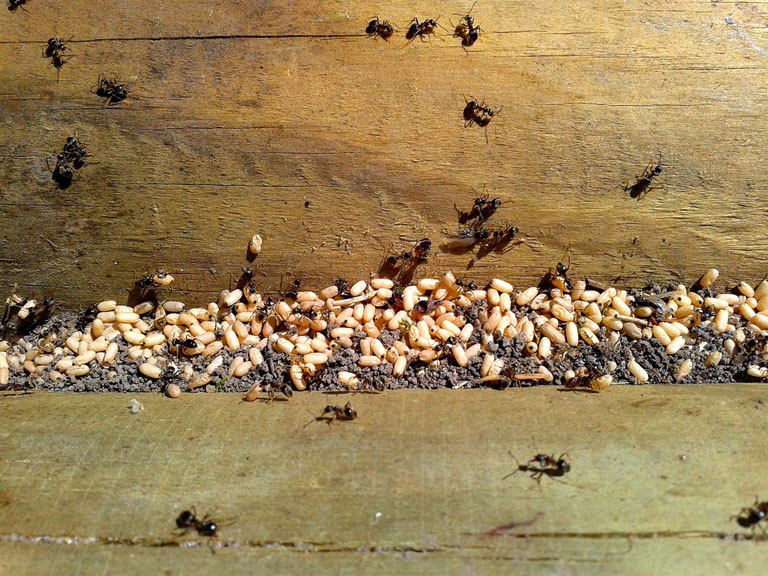
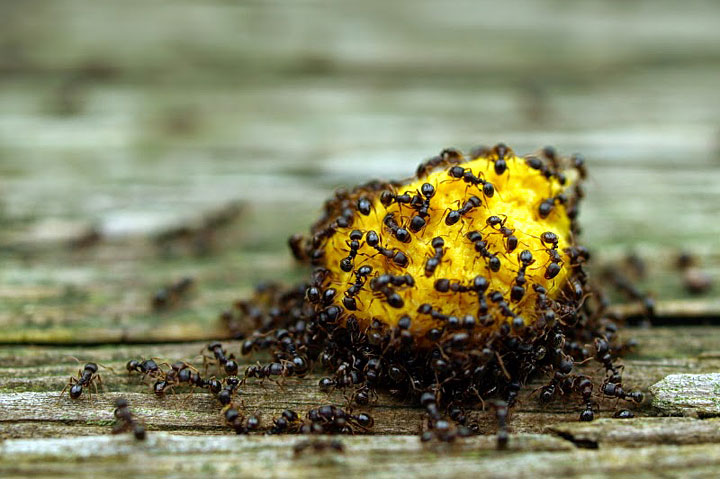


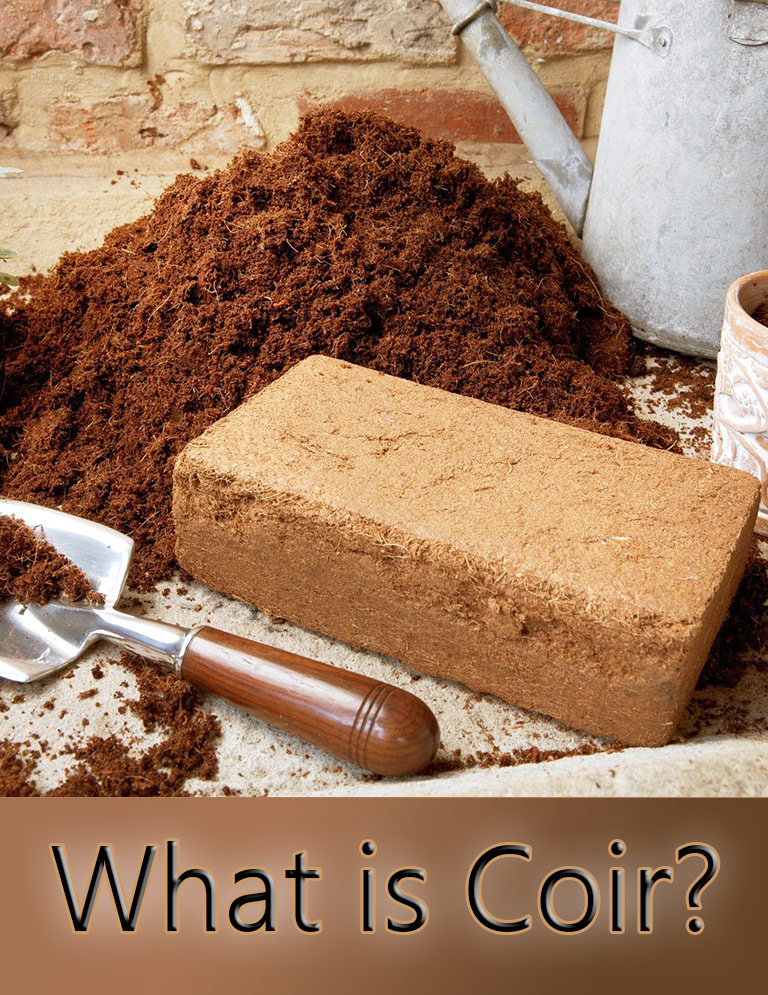
Leave a Reply